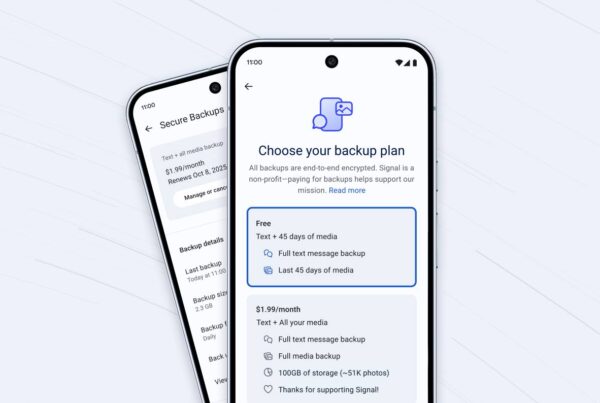Microsoft has officially announced a new policy that makes it easier for Windows app developers to access the Microsoft Store ecosystem. From now on, the registration fee to publish apps is completely removed. Developers are also no longer required to have a credit card to register. This decision sends a strong signal that the company wants to boost app growth on its platform by lowering entry barriers.
This move is great news for small and independent developers. Until now, registration fees were often an initial challenge that prevented new creators from entering the market. With the removal of fees, the publishing process becomes more inclusive. Anyone can now bring their innovation to millions of Windows users worldwide without financial obstacles. The new policy also aligns with Microsoft’s broader effort to expand app options in its digital store.
The announcement comes as part of Microsoft’s strategy to strengthen the Windows ecosystem. The Microsoft Store has long been compared to Google Play and Apple’s App Store. Both competitors enjoy strong appeal due to their vast app ecosystems. Microsoft aims to close that gap by opening broader access to developers. Tom Warren, senior editor at The Verge, reported that this change will apply globally without additional requirements.
Impact on Developers
For developers, especially those just starting out, the removal of registration fees is a major benefit. They can now allocate budgets previously spent on registration to improving features or marketing their products. Microsoft also ensures that the publishing process still maintains quality standards through app curation, giving users a safe and reliable experience.
Furthermore, eliminating the credit card requirement adds convenience for developers in emerging markets. In many regions, credit card access remains limited. With this new rule, that administrative barrier is gone. This opens the door for more innovators worldwide to take advantage of the Windows platform.
Microsoft’s Strategy
This move is not just about attracting more apps. Microsoft wants to make Windows a more comprehensive ecosystem that supports user needs. With a larger app library, Windows users can discover more diverse digital solutions. At the same time, the company can strengthen its competitiveness in an increasingly crowded market.
The decision can also be seen as part of a long-term strategy to support the development of AI-driven technology and cloud integration. With a richer app ecosystem, Microsoft hopes to create a cycle of sustainable growth. The more apps available, the stronger Windows’ appeal becomes for both consumers and business partners.
Reactions and Outlook
The developer community has welcomed the policy positively. Many see Microsoft’s move as a genuine show of support for creativity and innovation. Several technology analysts believe this new policy could spark a surge in the number of apps submitted to the Microsoft Store in the coming months.
However, some observers caution that quantity alone does not guarantee success. Quality and relevance remain essential for users to find real value. Microsoft is expected to keep reinforcing its moderation system to ensure published apps meet safety and performance standards.
With an ecosystem that is increasingly open, the Microsoft Store has the potential to become a hub for new innovation. Developers now have equal opportunities to bring their creative ideas to life. If this trend continues, Windows could gain a significant competitive edge in the global app market.
This new policy clearly demonstrates Microsoft’s stronger commitment to supporting developers. With easier access, zero costs, and a simplified registration process, a new era of Windows app distribution officially begins.
As a reader, you can also follow more insights on global technology policies at Olam News. Explore related articles on app market trends and corporate digital strategies to understand how these dynamics will shape the future of the tech industry.






